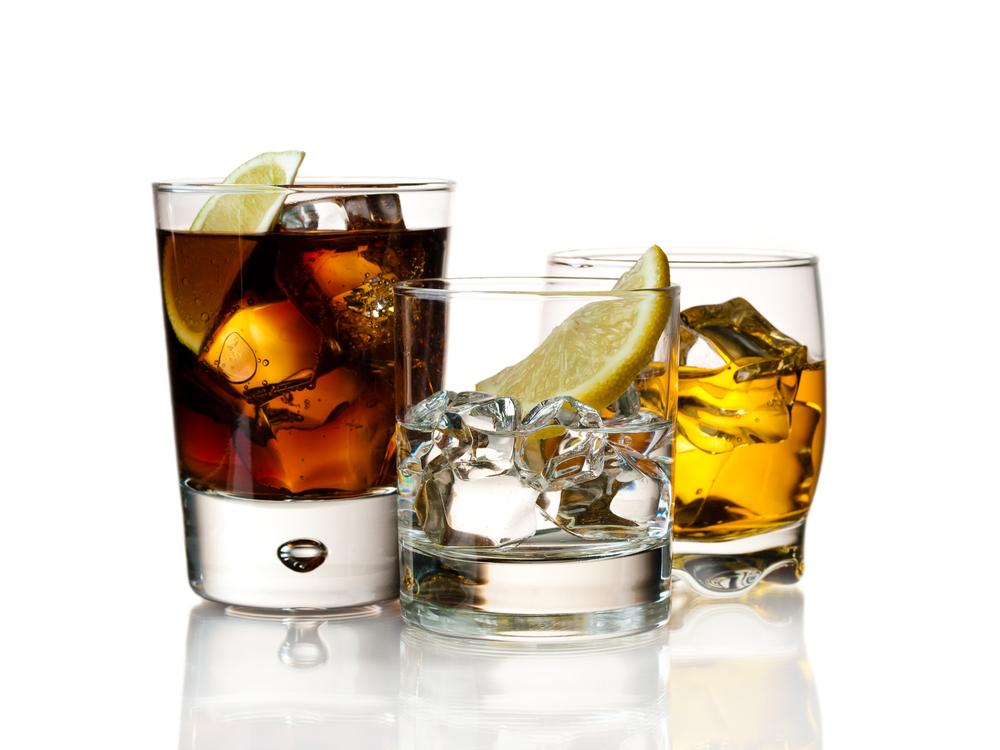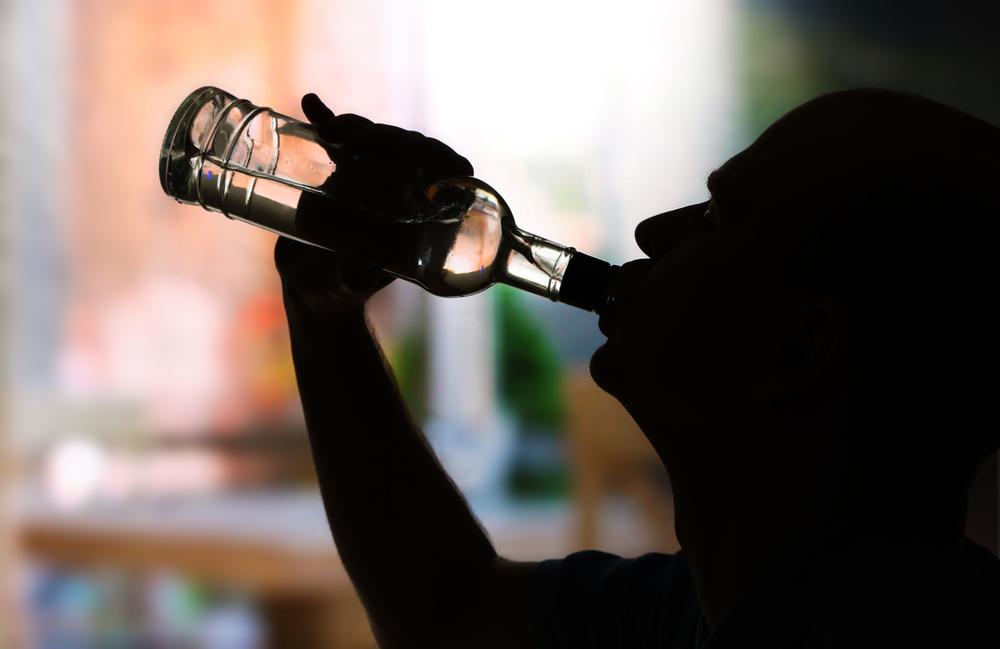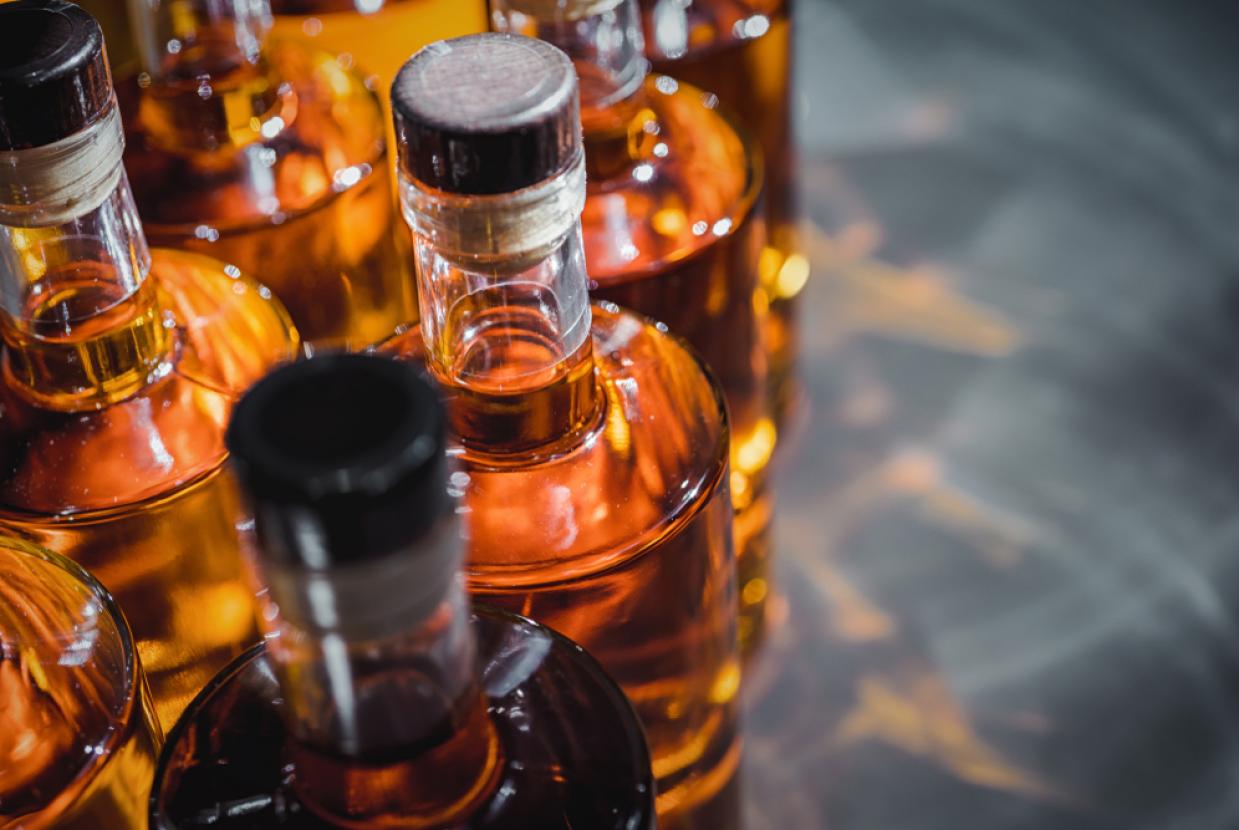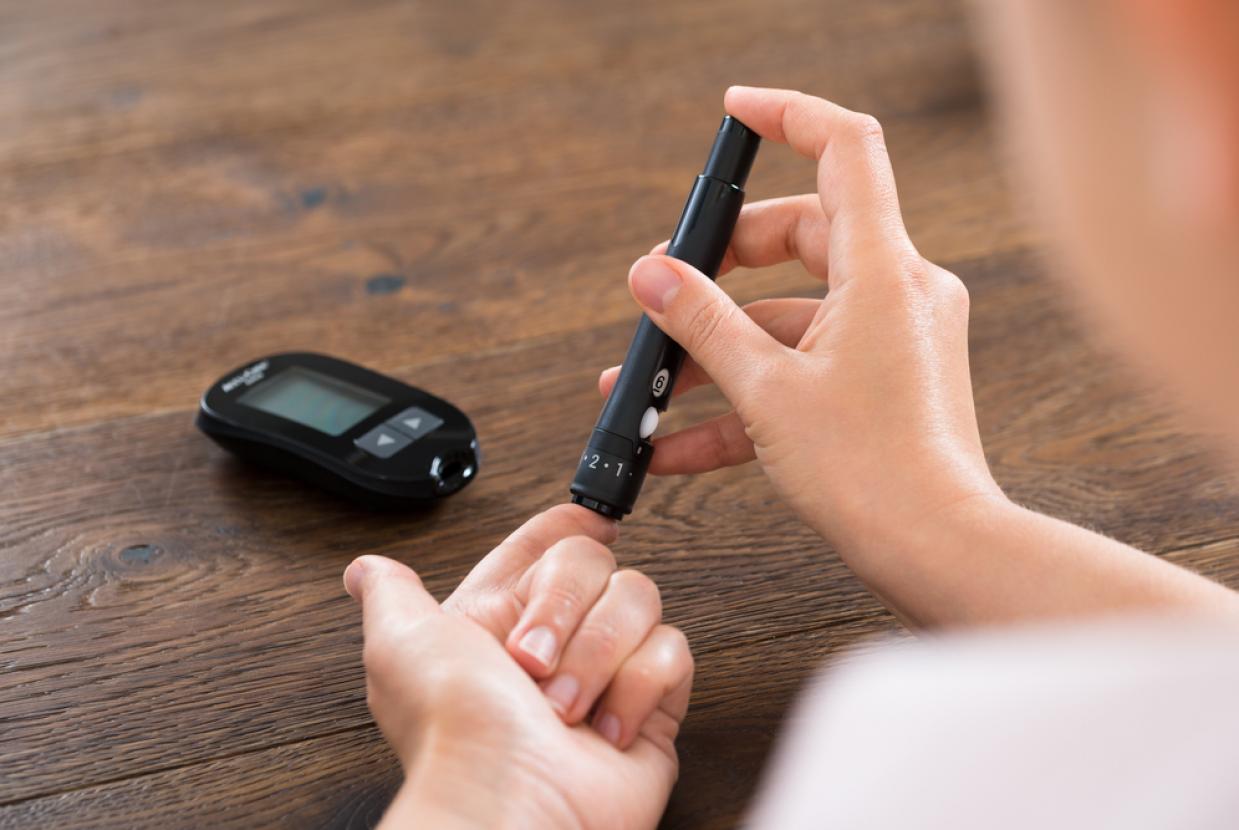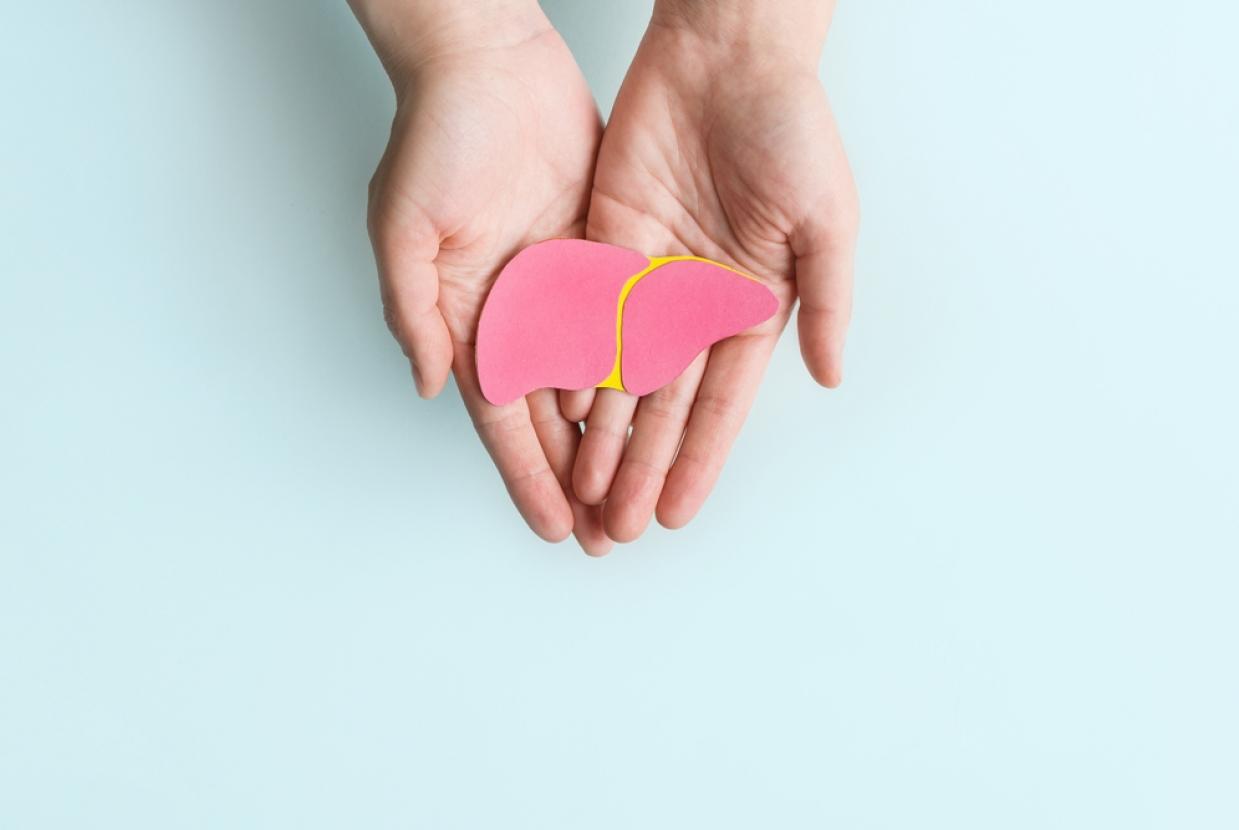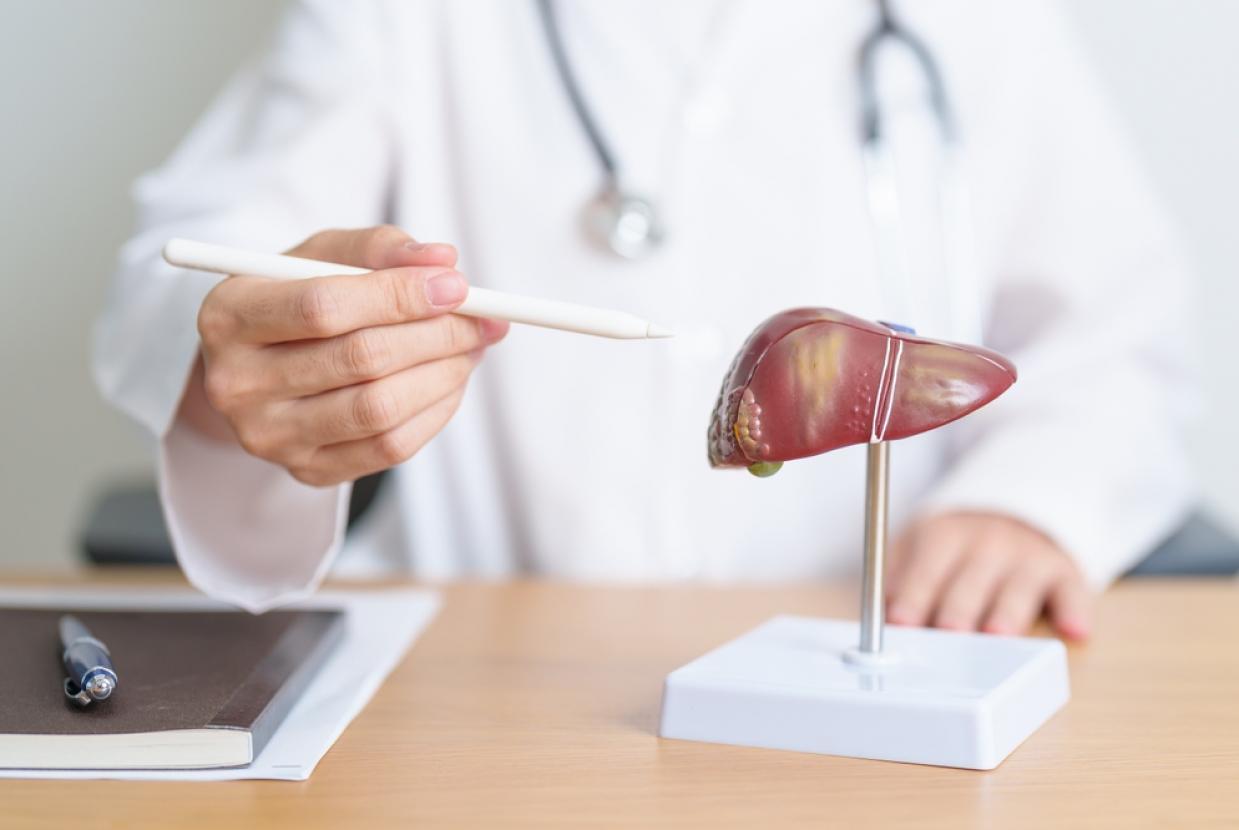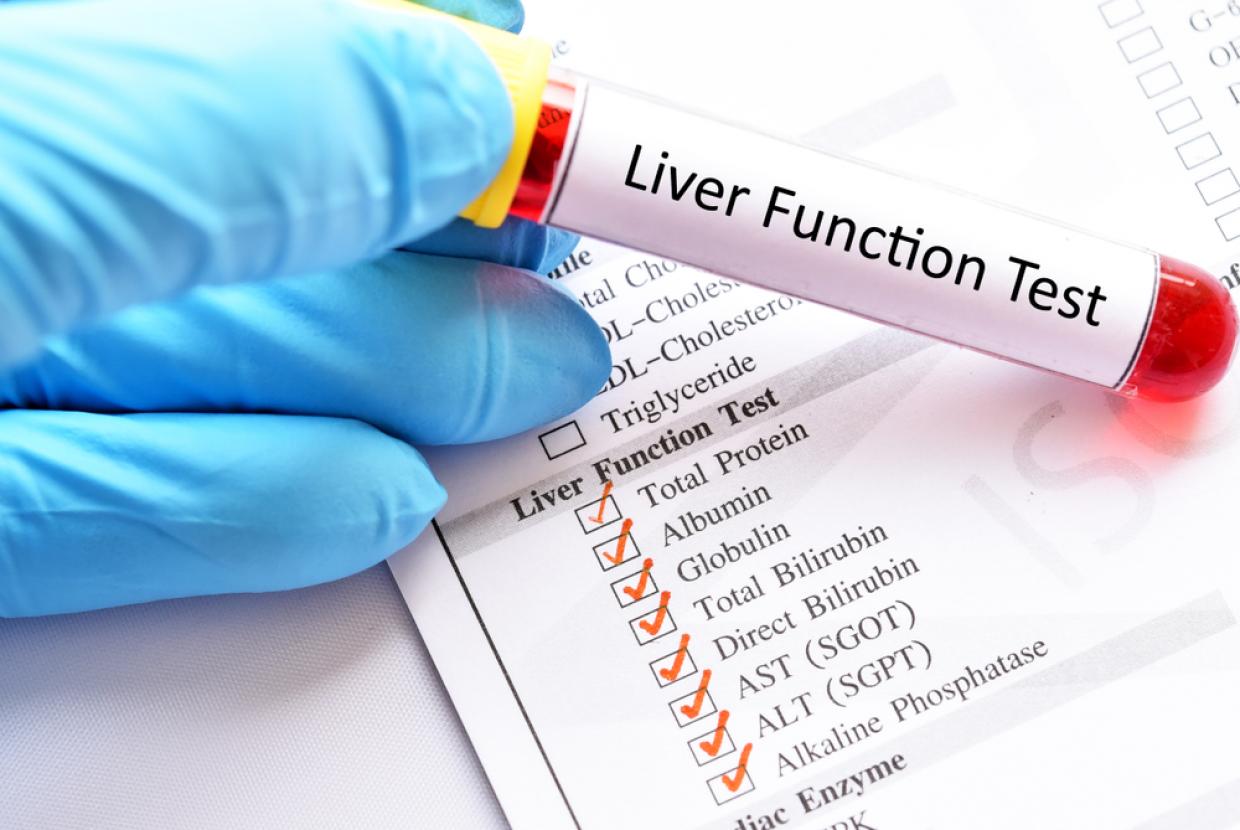ARLD Complications
A number of serious complications can develop if you have alcohol-related liver disease (ARLD).
Portal hypertension and varices
Portal hypertension is a common complication of cirrhosis and, less commonly, alcoholic hepatitis.
It occurs when the blood pressure inside your liver has risen to a potentially serious level.
When the liver becomes severely scarred, it's harder for blood to move through it. This leads to an increase in the pressure of blood around the intestines. The blood must also find a new way to return to your heart. It does this by using smaller blood vessels.
But these vessels are not designed to carry the weight of blood, so they can become stretched out and weakened. These weakened blood vessels are known as varices. If the blood pressure rises to a certain level, it can become too high for the varices to cope with, causing the walls of the varices to split and bleed.
This can cause long-term bleeding, which can lead to anaemia. Alternatively, the bleeding can be rapid and massive, causing you to vomit blood and pass stools that are very dark or tar-like. Split varices can be treated by using an endoscope to locate the varices. A tiny band can then be used to seal the base of the varices.
Ascites
A person with portal hypertension may also develop a build-up of fluid in their abdomen (tummy) and around the intestines. This fluid is known as ascites.
Initially, this can be treated with water tablets (diuretics). If the problem progresses, many litres of fluid can build up, which needs to be drained. This is a procedure known as paracentesis and involves a long, thin tube being placed into the fluid through the skin under local anaesthetic.
One of the problems associated with the development of ascites is the risk of infection in the fluid (spontaneous bacterial peritonitis). This is a potentially very serious complication and is linked to an increased risk of kidney failure and death.
Hepatic encephalopathy
One of the most important functions of the liver is to remove toxins from your blood. If the liver is unable to do this due to hepatitis or cirrhosis, the levels of toxins in the blood increase. A high level of toxins in the blood due to liver damage is known as hepatic encephalopathy.
Symptoms of hepatic encephalopathy include:
- agitation
- confusion
- disorientation
- muscle stiffness
- muscle tremors
- difficulty speaking
- in very serious cases, a coma
Hepatic encephalopathy may require hospital admission. In hospital, body functions are supported and medicine is used to remove toxins from the blood.
Infection
Damage to the liver can weaken the immune system. This can make the body more vulnerable to infection, particularly urinary infections and respiratory infections (such as pneumonia).
Liver cancer
Liver damage due to heavy drinking over many years can also increase your risk of developing liver cancer. Over the past few decades, rates of liver cancer in the UK have risen sharply due to increased levels of alcohol misuse. It's estimated 3% to 5% of people with cirrhosis will develop liver cancer every year.


















